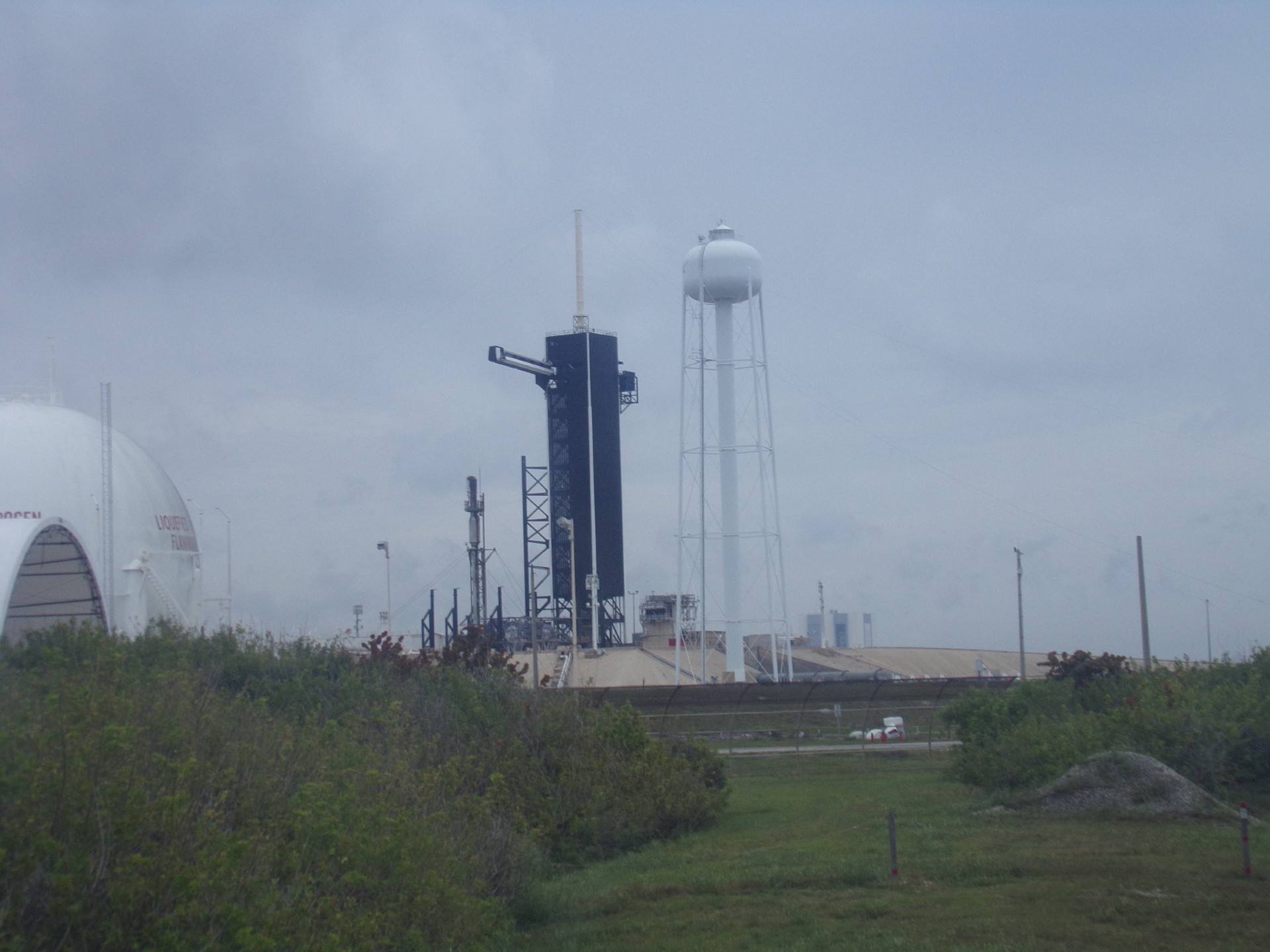It took Elon Musk’s rocket company about a week to challenge the commission in court, arguing in its October filing that it was “egregiously and unlawfully overreaching its authority.”
“First, the commission has engaged in naked political discrimination against” SpaceX, reads the complaint, and, second, the agency “is trying to unlawfully regulate space launch programs — which are critical to national security and other national policy objectives — at Vandenberg Space Force Base (the Base), a federal enclave and the world’s second busiest spaceport.”
Commissioners who voted against last year’s proposal made no effort to hide their intolerance for viewpoints they don’t like. As PRI noted at the time:
Commissioner Mike Wilson grumbled that SpaceX “is owned by the richest person in the world” who has “direct control of what could be the most expansive communications system in the planet” and “just last week” “was talking about political retribution.”
Alternate Commissioner Gretchen Newsom was also enraged, grousing that “Elon Musk is hopping about the country, spewing and tweeting political falsehoods and attacking FEMA while claiming his desire to help the hurricane victims with free Starlink access to the internet.”
Clearly, Musk’s alliance with Donald Trump, which now seems tattered but not fully torn, was too much for these politically appointed, and ostensibly objective, commissioners to handle.
Maybe the commission’s vote against SpaceX was simply seen by some members as an opportunity to demonstrate their California contempt for Musk and Trump. They likely knew their decision was not binding since the U.S. Air Force could override the commission’s vote – which is exactly what it did.
Musk’s lawsuit was eventually dismissed. Courthouse News Service reported in March that “SpaceX had failed to show how it was actually harmed by the commission’s demand because the U.S. Air Force, which owns the base, has allowed launches to proceed without state permits.”
However, U.S. District Judge Stanley Blumenfeld Jr. allowed SpaceX to amend its lawsuit because he believes there is a legitimate concern “when a local body injects politics in its decision-making.” In July, Blumenfeld ruled the California Coastal Commission’s “allegedly biased attempts to regulate SpaceX’s activity on the base remain for further adjudication.”
This is not the only battlefield in which Musk and the commission will be meeting. SpaceX’s plan to reach toward the century mark for launches will be reviewed by the commission on Thursday. It’s a drop-dead certainty that objections will center around the usual reasons: sonic booms that can trigger humans and might disturb wildlife.
Granted, rockets are noisy. But how loud is loud?
SpaceX’s workhorse Falcon 9, scheduled for dozen launches from Vandenberg though the end of this year, creates sonic booms in nearby towns that can reach 115 decibels. Thunder is usually a bit louder, around 120 decibels, which is also roughly the same as a concert and jet taking off. Jack hammers and ambulances can emit as much as 130 decibels while fireworks, which people enthusiastically subject themselves to, can hit 145 decibels.
Thunder is a natural phenomenon no one can control and has no national security purpose. SpaceX launches, however, do. And it’s more than the advancement of space exploration. The rockets don’t need to have military payloads to be vital to national defense. Commercial communications, which are a high priority for SpaceX’s business, are crucial for the U.S. military’s “ability to defend our nation,” says Major Gen. Tom Taverney, who retired in 2006 as vice commander of Air Force Space Command.
The Coastal Commission will likely throw up another roadblock this week. But it has little chance of stopping 2026 from being a busy year for SpaceX and Vandenberg.
Kerry Jackson is the William Clement Fellow in California Reform at the Pacific Research Institute.
[Image credit: Lunchbox Larry]


